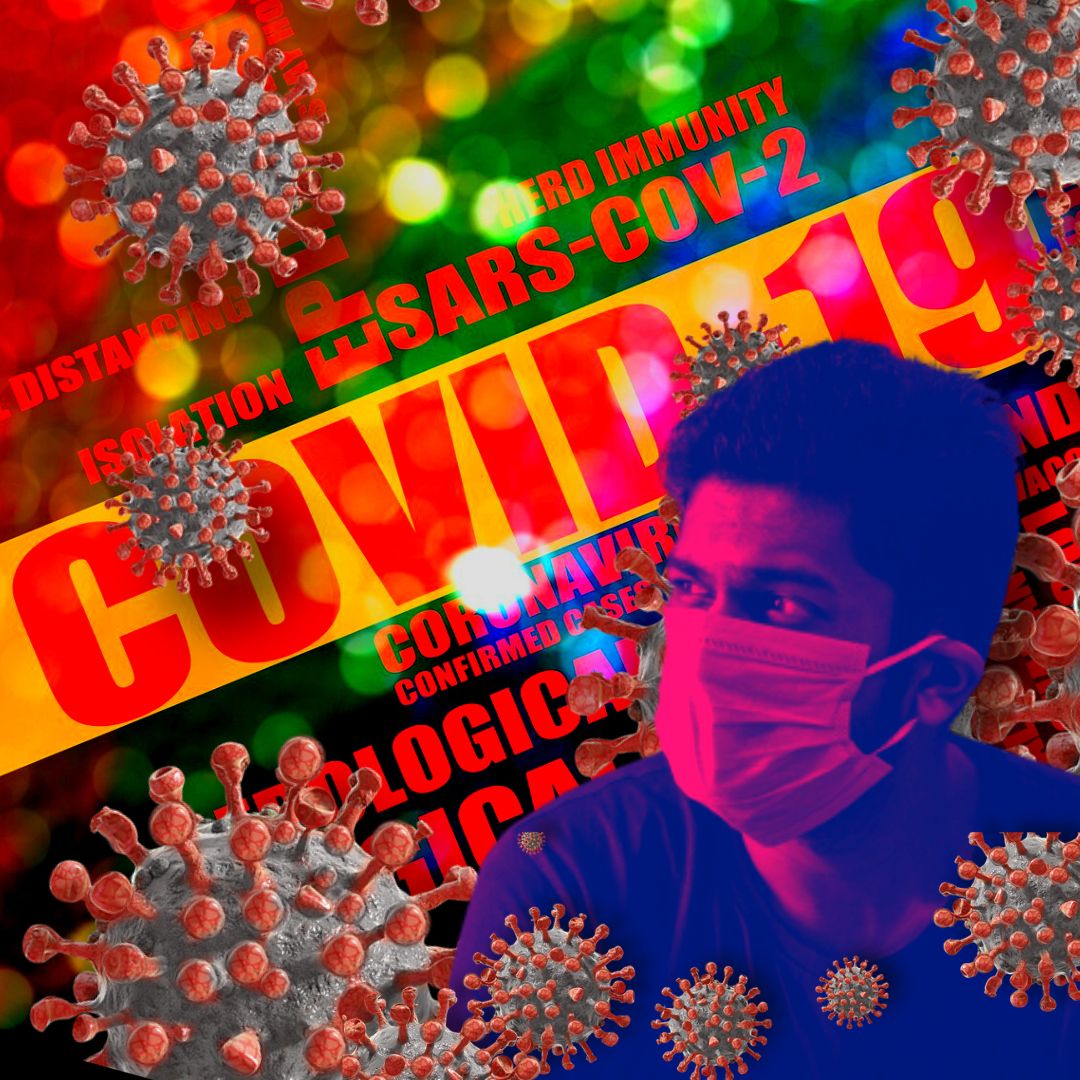Nearly 50% Of COVID Patients Show At Least 1 Symptom Even 2 Years After Recovery: Lancet Study
Writer: Snehadri Sarkar
While he is a massive sports fanatic, his interest also lies in mainstream news and nitpicking trending and less talked about everyday issues.
Others/World, 12 May 2022 7:33 AM GMT
Editor : Ankita Singh |
A literature lover who likes delving deeper into a wide range of societal issues and expresses her opinions about the same. Keeps looking for best-read recommendations while enjoying her coffee and tea.
Creatives : Snehadri Sarkar
While he is a massive sports fanatic, his interest also lies in mainstream news and nitpicking trending and less talked about everyday issues.
As per the study, just 6 months after initially falling ill, about 68% of patients reported at least one long COVID symptom. Meanwhile, 2 years after the infection, reports of such symptoms had gone down to around 55%.
According to a study published in The Lancet Respiratory Medicine, nearly 50 percent of the patients admitted to the hospital, even two years after recovering from the COVID infection, still have at least one symptom. Claimed to be the longest follow-up study thus far, The Lancet study discovered that patients who recovered from COVID-19 still tend to be in poorer health condition, even two years after the initial infection, compared to the general population, indicating that some individuals need more time to recover fully.
Lancet's Latest Study On COVID Patient Post Recovery
The Lancet study kept tabs on 1,192 participants in China- who were infected with the SARS-CoV-2 during the first wave of the global pandemic back in 2020. While mental and physical health generally improved as time passed, the study suggests that COVID patients still tend to have poorer health and quality of life than the general population.
The lead author of the study, Cao, claimed that the "ongoing follow-up of Covid-19 survivors, particularly those with symptoms of long Covid, is essential to understand the longer course of the illness, as is a further exploration of the benefits of rehabilitation programmes for recovery."
Cao also added an obvious need to provide continued assistance to a significant proportion of individuals who have had COVID and understand how emerging treatments, vaccines, and variants impact long-term health outcomes.
The health impacts of COVID, in the long run, have mainly stayed unknown as the most extended follow-up to date has transited for nearly a year, the study explained.
The lack of pre-COVID health status baselines and evaluations with the general population in most analyses has "made it difficult to determine how good patients" with COVID have recovered.
Key Findings Of The Study
As per the Chinese study, just six months after initially falling ill, about 68 per cent of patients reported at least one long COVID symptom. Meanwhile, two years after the infection, reports of such symptoms had gone down to around 55 per cent.
Even two years after initially falling ill with COVID, patients are usually in a worse health condition than the general population, with 31 per cent reporting fatigue or muscle weakness and 31 per cent reporting difficulties in sleeping.
"The proportion of non-Covid participants reporting these symptoms was 5 per cent and 14 per cent respectively," the report stated.
Furthermore, COVID patients were also more likely to show several other symptoms, including joint pain, dizziness, headaches and palpitations. In quality of life questionnaires, COVID patients also reported discomfort or pain and depression or anxiety than non-Covid people.
Also Read: Nearly 800 Pakistani Hindus Returned Home After Failing To Secure Indian Citizenship: Report
 All section
All section















